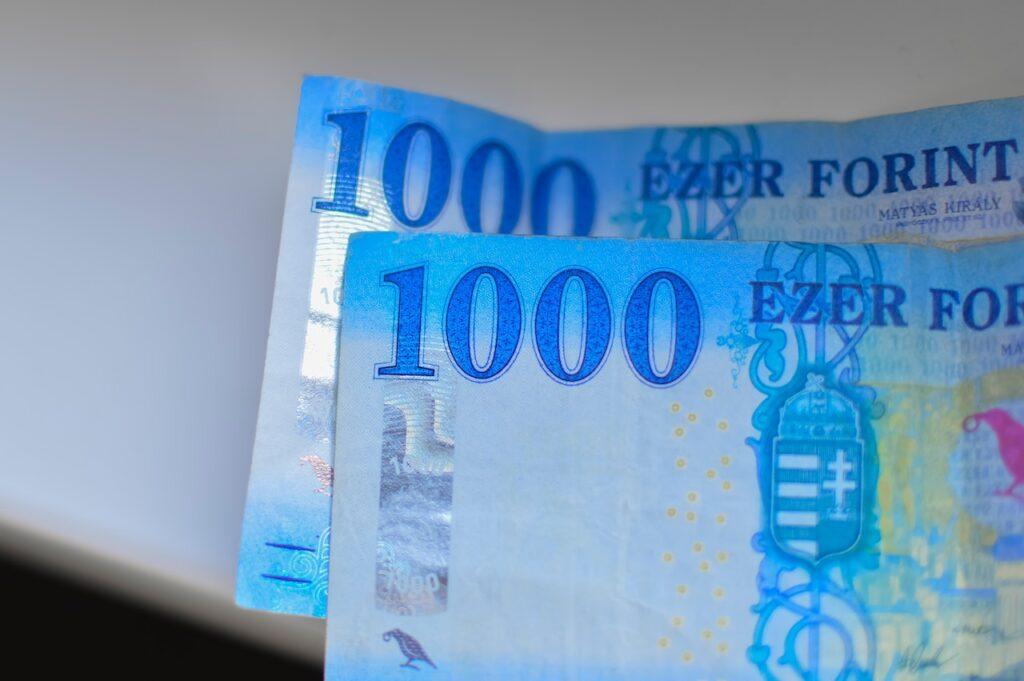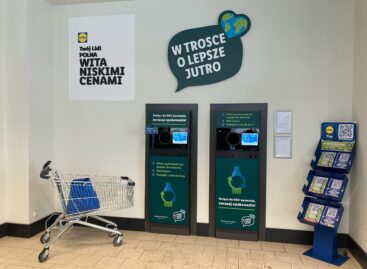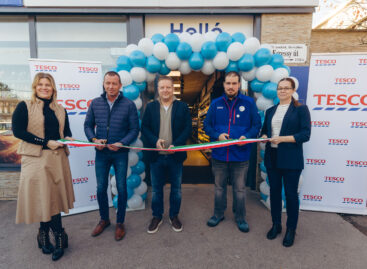Tesco and Lidl were also squeezed by the special tax
Tesco and Lidl both faced significant challenges due to the special retail tax, yet they managed to achieve substantial profits despite the unfavorable conditions and unfriendly government measures. The financial year of Tesco Global Áruházak Zrt. and Lidl Magyarország Bt. runs from March 1 to the end of February. Their latest financial statements reveal that both supermarket chains were able to increase their revenue despite various obstacles, such as price caps, increased retail tax, rising energy costs, and a decrease in demand associated with high food inflation. Tesco, the British multinational retailer, saw its profit grow, while Lidl, the German discount chain, reported a slightly slimmer result compared to the previous year. Both retailers could have achieved even higher profits if not for the increased special retail tax.

Tesco’s net revenue from domestic sales increased by approximately 15% from 621.5 billion to 720.4 billion forints from March last year to the end of February this year. On the other hand, Lidl’s net revenue from domestic sales surged by 30%, rising from 746.2 billion to 971.8 billion forints. Considering the annual average inflation rate of 25.4% measured by KSH in February, with food inflation exceeding 43%, it becomes evident that Tesco managed to increase its revenue below the inflation rate, while Lidl slightly surpassed the average inflation but did not outpace food inflation in terms of revenue growth. Thus, Tesco might have experienced a decrease in sales volume. According to Opten data, Tesco’s revenue declined year by year between 2017 and 2020 but managed to slightly exceed the 2017 level in 2021, now showing more noticeable growth after five years. Lidl, however, has been enjoying consistent revenue growth since 2017. Tesco did not become unprofitable only thanks to the current settlement of their real estate sales. The company announced the sale of the 14 shopping centers in the spring of 2022. As Portfolio also wrote, the buyer was the Adventum Group, and the purchase price – in addition to 4 Czech shopping centers – was close to HUF 90 billion (£200 million). The shops are leased back by Tesco. Together with this, the company alone generated HUF 19.6 billion in profit, without which it would have ended the financial year at a loss.
The rise in Tesco’s post-tax result is even more remarkable than the revenue increase, with a growth of over 50%, reaching 19.6 billion forints from the previous year’s 12.9 billion forints. In contrast, Lidl’s post-tax result decreased by 24%, shrinking from 33.3 billion forints in the previous year to 25.3 billion forints. Tesco’s current result is slightly higher than it was in 2017, but it is still significantly lower than the post-tax result exceeding 30 billion forints in 2018-2019. Nevertheless, it undoubtedly shows a much better performance compared to the loss-making year in 2019. For Lidl, the post-tax result has been growing since 2017 (stagnating from 2019 to 2020), and with the current decrease, it returned to the level of 2018. While Tesco’s financial report mentions the price cap, it does not provide information on how it affected their results. On the other hand, Lidl’s report states that the impact of the price cap extension will be reflected in their next financial statement. According to their statement, they absorbed over 19 billion forints in costs from Hungarian families through the price cap. In other words, this is the amount taken from their pockets due to the price cap.
Both companies experienced a significant increase in their retail tax. Tesco had to pay more than twice as much as in the previous financial year, 26.8 billion forints instead of the previous 12.9 billion forints. Lidl’s financial report only stated that the retail tax paid in the current year was substantial, but their statement disclosed that the retail tax increased by more than double compared to the previous year, reaching 36.9 billion forints.
Related news
Two million people have already voted, so 57 million forints will be given to locals in 125 settlements, courtesy of Tesco
🎧 Hallgasd a cikket: Lejátszás Szünet Folytatás Leállítás Nyelv: Auto…
Read more >How Lidl uses Poland’s new deposit system as a loyalty tool
🎧 Hallgasd a cikket: Lejátszás Szünet Folytatás Leállítás Nyelv: Auto…
Read more >Tesco closes the financial year with the opening of another store
🎧 Hallgasd a cikket: Lejátszás Szünet Folytatás Leállítás Nyelv: Auto…
Read more >Related news
(HU) Átadták a SIRHA Budapest 2026 Innovációs Termékverseny díjait
🎧 Hallgasd a cikket: Lejátszás Szünet Folytatás Leállítás Nyelv: Auto…
Read more >HELL CITY has arrived, led by Michele Morrone
🎧 Hallgasd a cikket: Lejátszás Szünet Folytatás Leállítás Nyelv: Auto…
Read more >









